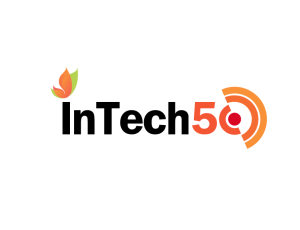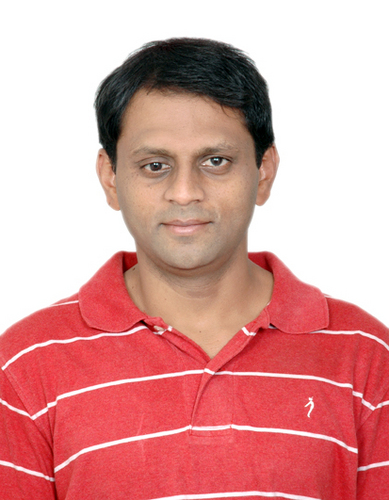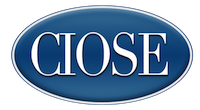InTech50, a joint initiative by iSPIRT and Terrene Global Leadership Network, that recognizes most promising software products by India’s entrepreneurs, is pleased to confirm the Second set of 10 selected products from over 200 nominations. Check out the First 10 of the 50 Finalists: #InTech50 Most Innovative Products.
 The elected products that represent inspirational and pioneering concepts in software will be showcased at InTech50 , a two-day event to be held at Bangalore from April 9 -10, 2014, where global CIOs and transformation leaders will be present.
The elected products that represent inspirational and pioneering concepts in software will be showcased at InTech50 , a two-day event to be held at Bangalore from April 9 -10, 2014, where global CIOs and transformation leaders will be present.
How we picked out the Top 10 showcase products:
It is quite an honor to be in the InTech50 considering there was an overwhelming response for product nominations.
An esteemed panel of Chief Information Officers (CIOs), venture capitalists, and product leaders from previous successes have evaluated the nominated products.
The products have been selected based on their capabilities and uniqueness, while having the potential to transform the world around us.
The Second 10 finalists for InTech50 2014 Most Innovative Products (in alphabetical order) are:
- Contify is a Web Intelligence application for enterprise and teams. The product mines virtually all relevant online sources for information and converts it into easily accessible qualitative and quantitative insights on customers, competitors, and markets.
- i7 Networks is a 100% Agentless-way (ZERO-Touch) of detecting all personal devices, secure quadrupled fingerprinting (US patent-pending) of devices and apps etc. and provides network behavioural analysis. It then denies access to infected and compromised personal devices connecting to the network.
- KiSSFLOW is business process automation software that is deeply integrated with Google Apps environment. KiSSFLOW is the #1 app in the Google Marketplace in its category and has more than 5000 organizations and active users spread across 120 countries.
- Kreeo is a “Collective Intelligence & Unification Platform” for Companies which addresses three important aspects of effective information/knowledge management – Expression, Organization and Discovery (EOD). It provides a unified platform where information is shared/aggregated in various contexts and is intelligently organized around various concepts of relevance.
- MindTickle is a cloud based learning platform which enables businesses to create, deliver, manage and track online courses. It is easy to create courses on MindTickle by uploading or embedding existing content (videos, PPTs, PDFs, quizzes, etc.).
- RazorFlow Dashboard Framework helps you build interactive dashboards in HTML5 that work well on all modern devices. You can configure components of the dashboard using an intuitive API, which will intelligently render the dashboard according to the capabilities and form-factor of your user’s device.
- RippleHire is a technology product that gamifies employee referrals and enables social recruiting. By empowering the most effective way you hire (Employee Referrals), it reduces your hiring cost and effort and unlocks the multiplier in your employee social networks.
- Sapience is an innovative, patent-pending software solution that delivers over 20% increase in Work Output, from the existing team. Sapience achieves this through Automated Work Visibility, without requiring any change in process or extra management effort.
- SignEasy is a simple and convenient app for businesses and professionals to sign and fill documents from smart phones and tablets. You do not need a printer, scanner or fax machine. SignEasy is currently available on iOS, Android and BlackBerry.
- Seclore FileSecure is an Information Rights Management (IRM) solution which allows unstructured information (documents, emails, drawings, images,) to be remote controlled. It is possible to share information but have control: WHO can access the information, WHAT can each person do and WHEN does each person use the information.
Check out the First 10 of the 50 Finalists: #InTech50 Most Innovative Products. Stay tuned for the remaining 30 companies which we plan to announce in the next few days.







